TEACHING
Steuart currently maintains a small teaching studio outside of Springfield, Missouri. If you are interested in taking lessons, please send him an email.
Teaching Experience
Steuart’s teaching experience ranges from working with advanced middle school students to young professionals. Over the years, his students have gone on to attend leading music schools and conservatories as well as enjoy meaningful professional careers as chamber and orchestral musicians. He has served as Visiting Teacher at Oberlin Conservatory and has presented master classes and held residences at community music schools, arts high schools, universities, and conservatories across the U.S. including Iowa University, Peabody Institute, Lawrence Conservatory, Wheaton Conservatory, Biola University, University of California Dominguez Hills, Missouri State University, Texas Tech University, Baylor University, and Gordon College. For 10 years he was on faculty at the Credo Music festival (teaching ages 13-23) and for several years taught at the Crescendo Summer Institute in Hungary. He is currently on faculty at the Fredericksburg Music Festival and School.
Teaching Philosophy
To expand on my core philosophy, I have included below some specific elements of my own approach to teaching:
Imagination and Expression I have often encouraged my students to begin their practice with a little time dedicated to improvisation (that is, after the necessary warm-up). Improvisation requires the exercise of the imagination and helps the student learn their most immediate forms of expression for particular emotions. When we start our practice with pre-written information (i.e. a piece or etude), there are more layers to interfere with pure expression. However, a regular practice of personal expression through improvisation helps the student connect the dots between what a composer requests and their most natural ability to expressively satisfy that request.
Although my focus in teaching is generally the standard cello repertoire, I believe that engaging in other disciplines is also essential for developing imagination and expression in a musician. I encourage my students to collaborate with other artists, musicians of non-Western specialty, as well as experts in other disciplines to expand their world of expression.
Technical and Musical Facility Recognizing that playing the cello is already not the healthiest activity for our bodies, I am interested in helping students find the physically healthiest way to play the instrument that supports a mature and beautiful interpretation and presentation. Economy of motion is at the core of my technical teaching, but this is never at the expense of expressive gesture - all technique must serve musical expression!
A student must also be equipped with a strong musical and analytical facility. Students must be taught how to study a score, research the contextual background and respect the composer’s intent (insomuch as it can be understood). A constant and open dialogue between teacher and student on all such subjects is essential.
Individual and Collective The musical development of the student should serve their growth as a human being. The teacher must consider the goals, interests and abilities of each individual. Peer review is also crucial for individual development. Playing for and with fellow students in performance scenarios and technical exercises helps each student strengthen and solidify their own artistic voice. Healthy competition, challenging verbal critique, and encouragement among students are essential to the individual’s health and growth.






